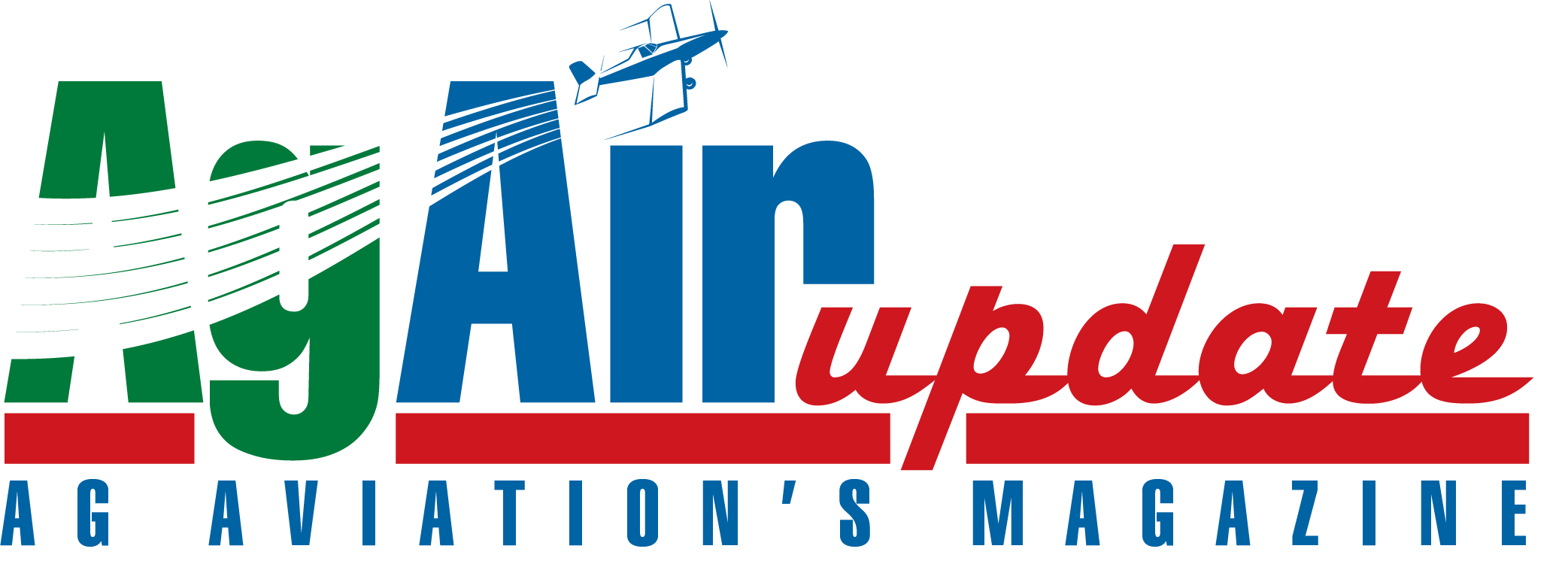We have all seen dozens of labels on agricultural products in the grocery store. “Pasture Fed,” “Grass Fed,” “Organically Sourced,” and lastly, “Antibiotic Free.” With so many labels, consumers wonder what is being purchased. Since most consumers are miles away and generations removed from the nearest dairy farm or farmer, it can be easy to fall for sly marketing tactics. Today, let’s examine the stringent regulations and practices in place to ensure that all milk is antibiotic free with every sip.
It is crucial to understand that milk produced for human consumption is strictly regulated and tested to ensure it is antibiotic-free. Dairy farmers follow comprehensive protocols to maintain the safety and quality of their milk. Examples? Regular screenings are conducted at both the farm and processing levels to check for bacteria or antibiotic levels. These screenings employ highly sensitive testing methods to detect even the tiniest amounts of antibiotics. Many farms use robot technology that analyzes the milk contents of each cow before it is placed into a larger tank. If any residue is found, the entire batch is discarded and is not used for consumption.
Antibiotics are a safe and very effective treatment for many illnesses. When a cow requires antibiotics to treat an illness, her milk is discarded during a specified withdrawal period. For example, mastitis is a common infection that impacts dairy cows. This is a painful inflammatory response to bacteria in the udder that is not only painful but causes a decrease in milk production. In some cases, a holistic option can be pursued, but these methods can take weeks to provide relief, and the milk supply may be permanently damaged. Antibiotics offer easy, fast-acting relief.
Once antibiotics have been administered, that cow’s milk will be discarded throughout the withdrawal period. This ensures the milk is completely free from any antibiotic residues before being collected for human consumption. Farmers diligently adhere to these regulations, as any violation can lead to severe penalties.
Farmers who care for dairy cows prioritize the health and well-being of their animals. They provide a range of essential treatments and care to ensure the cows’ optimal health. This includes regular veterinary check-ups, vaccinations, and preventive measures to protect against common diseases. Farmers also ensure that cows have access to clean water, nutritious feed, and comfortable housing that meets their specific needs. They monitor the cows’ behavior, body condition, and milk production to promptly identify any signs of discomfort or illness. Additionally, farmers ensure that cows are not subjected to undue stress, such as providing proper ventilation, ample space to move, and opportunities for social interaction. Overall, farmers strive to create a safe and nurturing environment for their dairy cows, as their well-being directly correlates with milk production, low antibiotic usage and the dairy industry’s sustainability.
Consumers can trust the milk they consume is safe, wholesome and always antibiotics-free. Additionally, dairy farmers are transparent about their practices, welcoming inspections and certifications that guarantee their commitment to quality and safety. Consumers can trust dairy farmers’ dedication to providing nutritious dairy products while upholding the highest animal welfare standards and sustainable farming practices.





